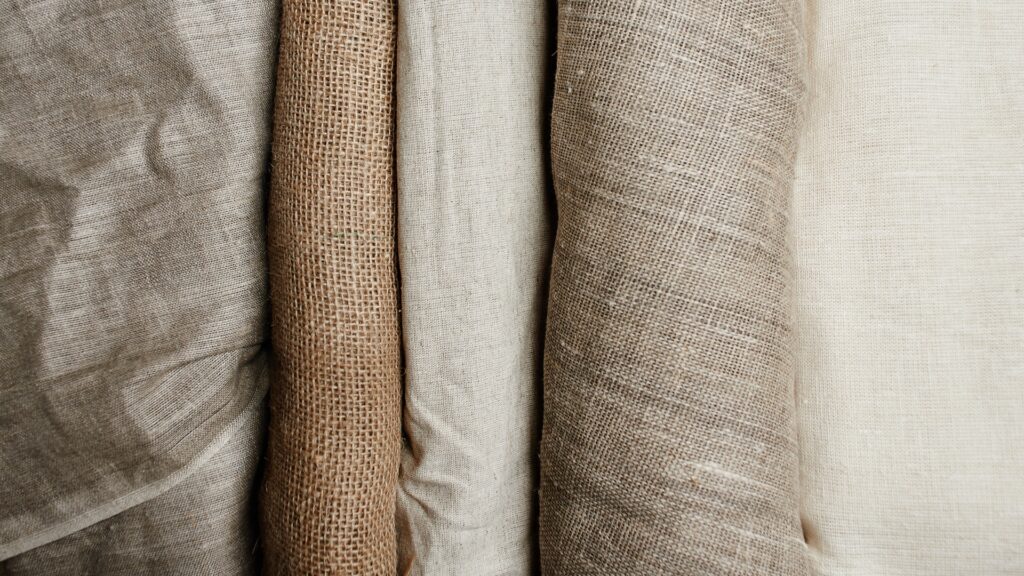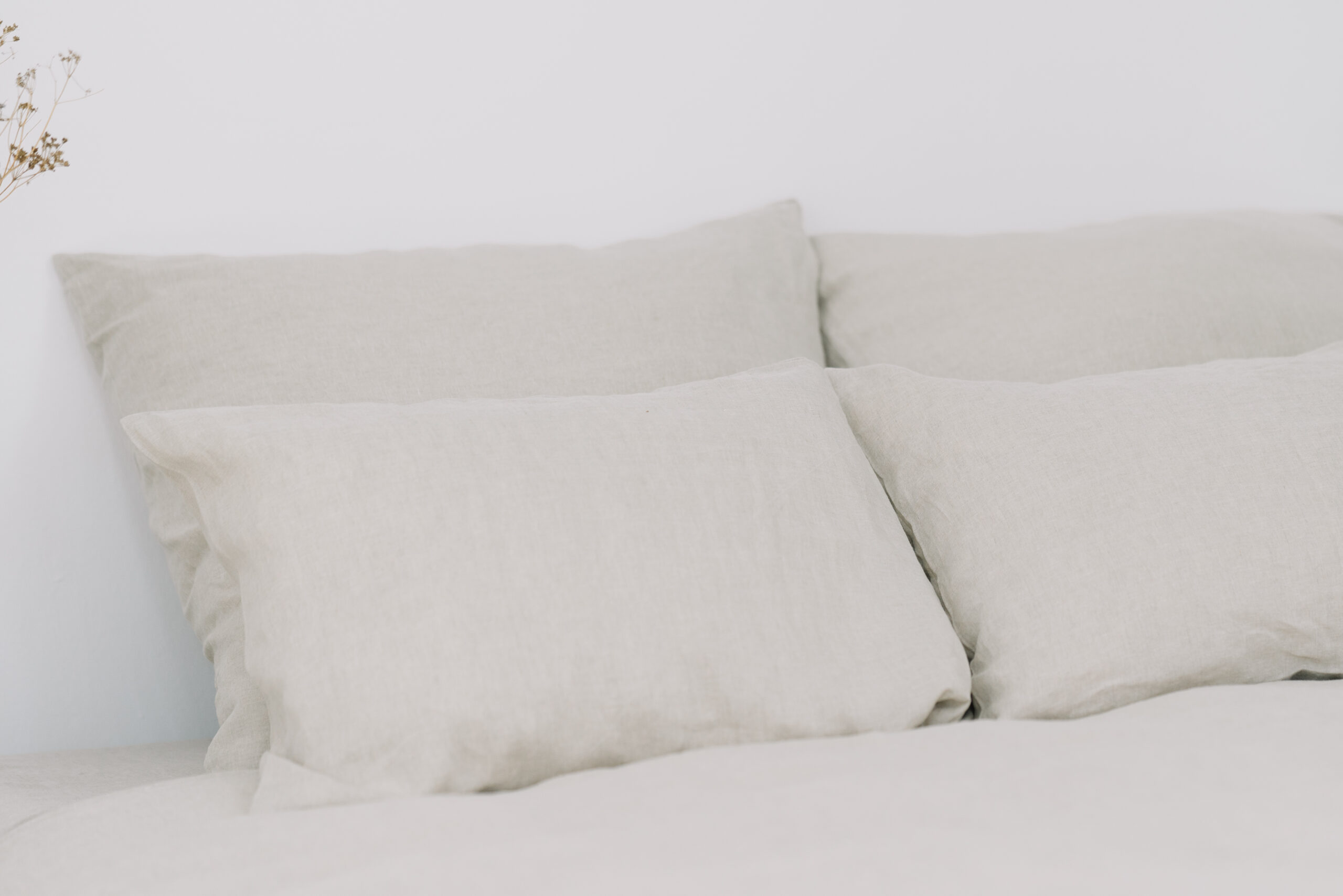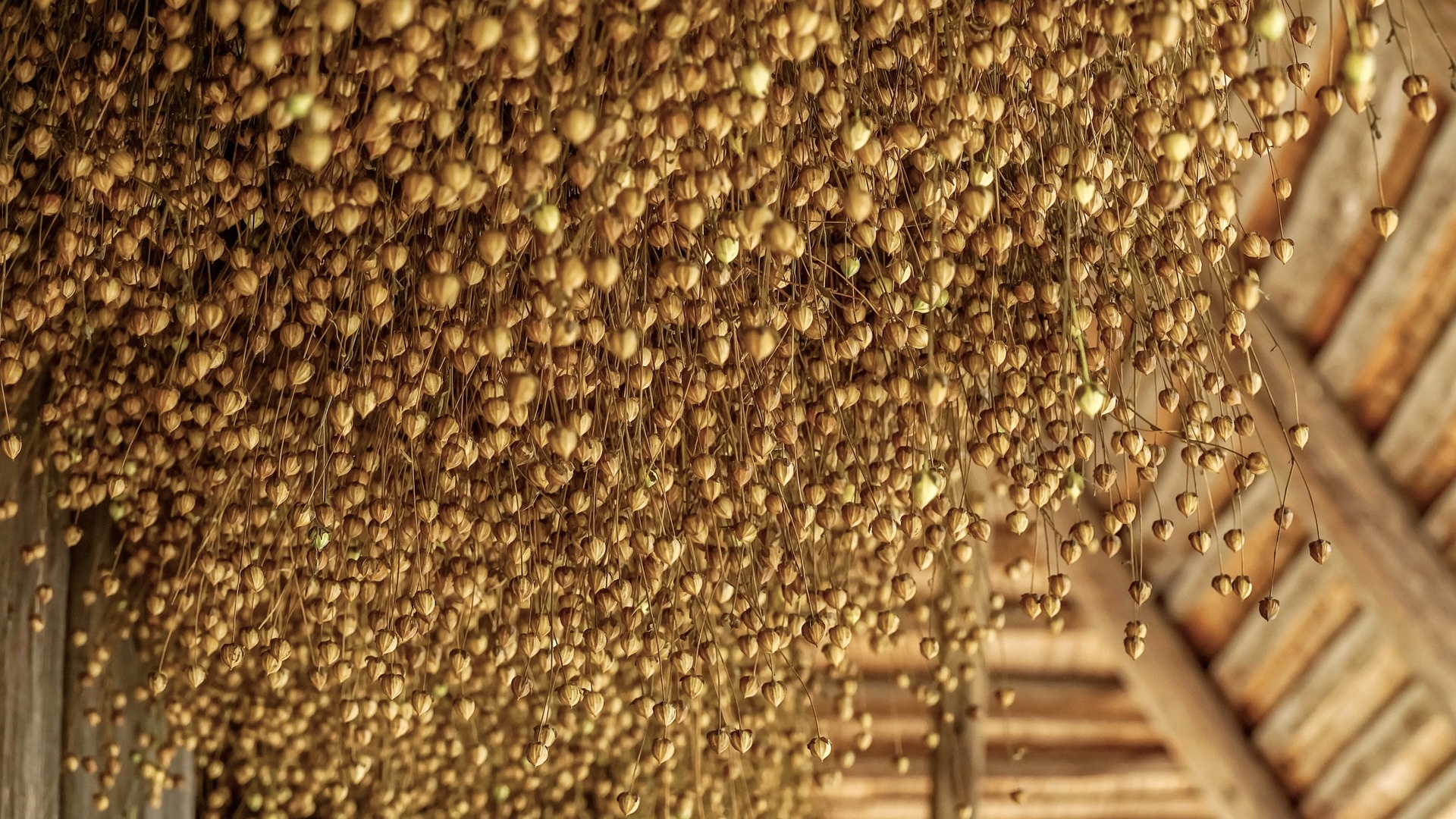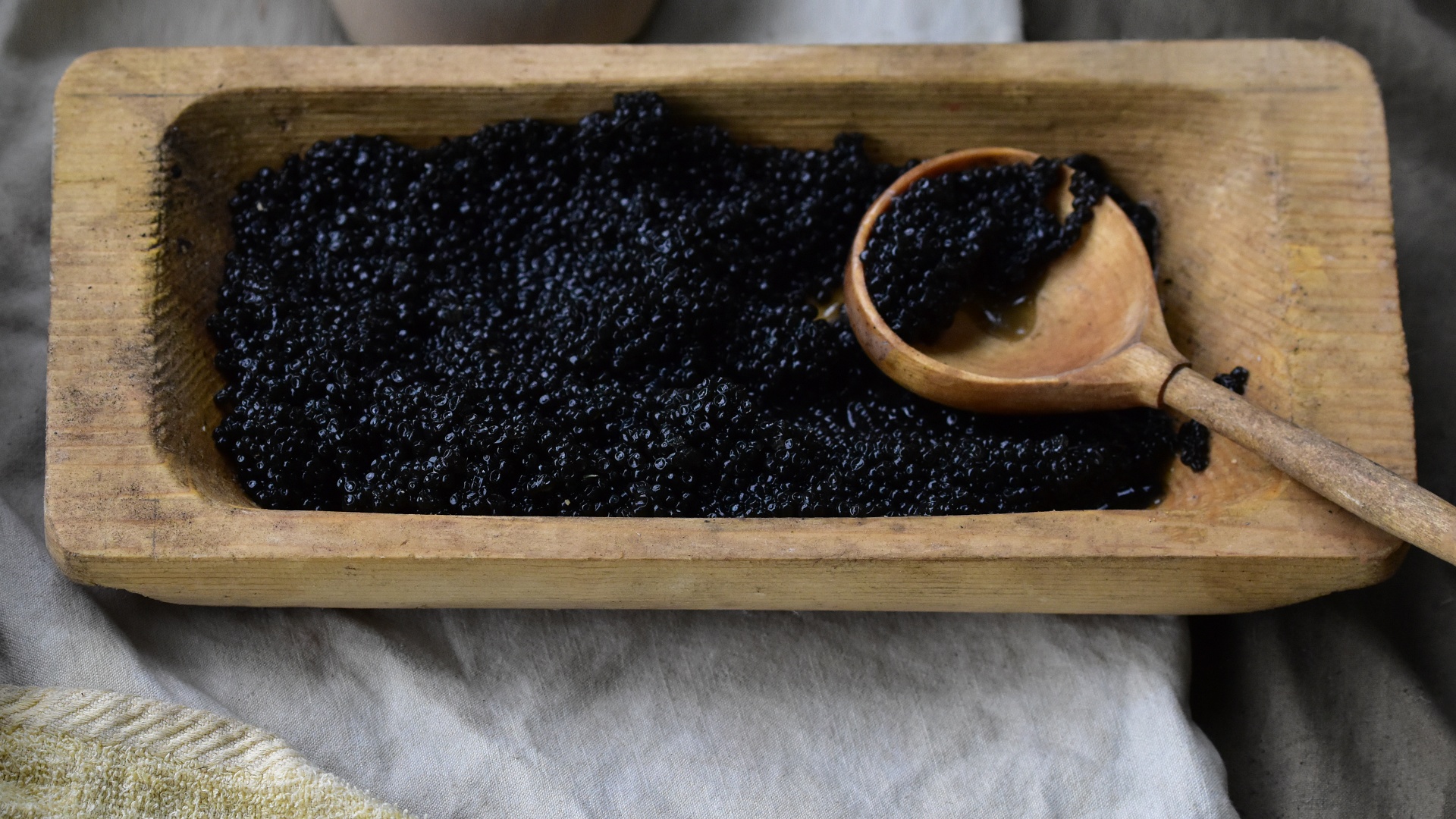Do you have a coupon?
The difference between linen and cotton

When we think of bed sheets, we immediately think of hotel sheets, the comfortable and pampering feeling they bring. Very rarely, however, we will find bedding made of something other than cotton and cotton blends at hotels.
The flax plant is thicker than the cotton plant and more resistant. However, due to multiple factors, from production to cost, it is less common in mass consumption.
Due to their thickness and strength, flax fibres have greater durability over time. Also, unlike cotton, the fibres are less dense, which allows for very good ventilation and ventilation of the material, which maintains a good temperature both during the day and at night.
The quality of flax is not given by its density (measured in g/m2)
Moreover, linen is naturally hypoallergenic and antistatic. This is great news for those prone to allergies, but also for pet owners, as it does not attract hair or fur residue.
Linen does not decompose over time, therefore you will not find small balls of fibre around the house.
As for cotton, it is softer at first, but over time and after several washes, its’ fibre contracts. With linen, what happens is exactly the opposite. With each wash, it becomes softer, but the fibre does not lose its strength.
This is also the reason why linen products are sometimes passed from generation to generation, just as we have dresses and towels from our grandparents (see Family Story).











